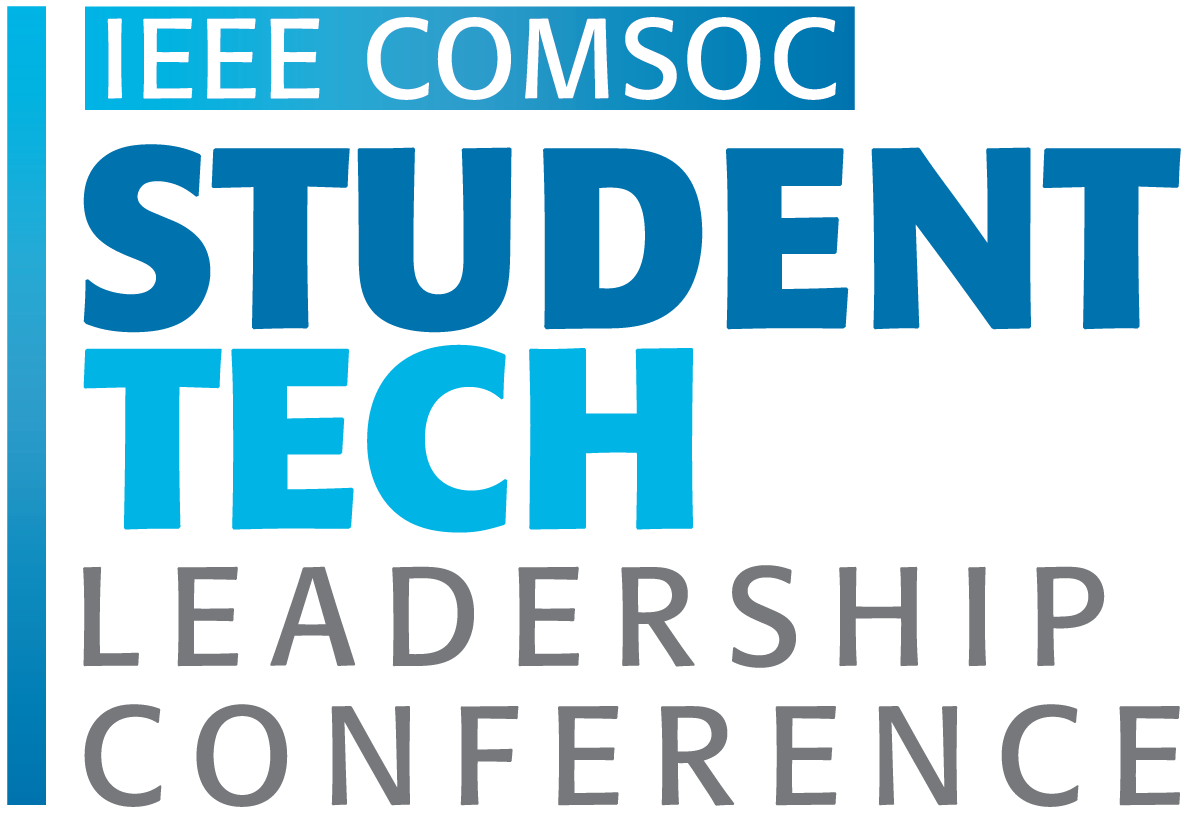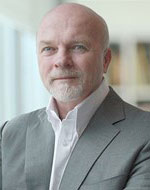“Advances in CSP over the Years”
MC: Devaki Chandramouli, Nokia Fellow
Join us for the Career Roundtable and hear from industry executives and esteemed professors as they share their career path, past experiences, lessons learned and advice for aspiring leaders.
SPEAKERS
Mike Murphy
CTO, Ericsson North America
Michael (Mike) Murphy is CTO for North America, Ericsson. Mike is responsible for forecasting how networks evolve over the next 5 years, across all product domains and customers in the US and Canada, and providing insights to management, product teams and customers.
Mike was formerly employed by Nokia and prior to then, Nortel, where he held senior CTO, R&D and Sales roles across Asia, Europe and North America.
Mike has a master’s degree in mathematics from the University of Waterloo, in Canada and has a Black Belt in Tae Kwon Do. He has lived in 8 countries to date, is fluent in English and French. He is based in Plano, Texas.
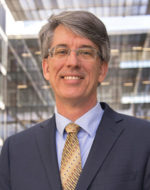 Brian Evans
Brian Evans
Professor & IEEE Fellow, University of Texas Austin
Dr. Brian L. Evans is the Engineering Foundation Professor of Electrical and Computer Engineering at The University of Texas at Austin.
Dr. Evans earned his B.S.E.E.C.S. (1987) degree from the Rose-Hulman Institute of Technology, and his M.S.E.E. (1988) and Ph.D.E.E. (1993) degrees from the Georgia Institute of Technology. From 1993 to 1996, he was a post-doctoral researcher at the University of California, Berkeley. Since 1996, he has been on the faculty at UT Austin.
His research and teaching interests are in signal processing and machine learning to increase connection speeds and reliability in communication systems. To achieve this, he develops mathematical models, fast algorithms, system simulations, and prototype implementations in the hope that academic groups, companies, and government labs can build on the ideas.
His research group is currently focused on 5G/6G cellular communication systems over high-frequency millimeter wave bands. His group is investigating mixed analog/digital signal processing basestation architectures and algorithms for multiantenna systems to reduce power consumption by 1000x and maximize the resulting communication performance. His group is also investigating machine learning to improve 4G/5G band switching, 5G basestation coordination, and 5G network fault remediation.
In previous work in communication systems, his group improved both data rate and reliability for wired systems through equalization for DSL transceivers and wireless systems through interference mitigation and wireless resource allocation. In image/video processing systems, his group improved image similiarity evaluation through image hashing, developed automated image quality assessment methods, improved visual quality in image/video display and printing, and remove handshake and rolling shutter artifacts during smart phone video acquisition.
Prof. Evans was elevated to IEEE Fellow “for contributions to multicarrier communications and image display”. In multicarrier communications, his group developed the first linear complexity algorithm that allocates resources to optimize bit rates in multiuser OFDM basestations (for cellular and WiMax) and is realizable in fixed-point hardware/software. His group also developed the first ADSL equalizer training method that maximizes a measure of bit rate and is realizable in real-time fixed-point software. In image display, his group’s primary contribution is in the design, analysis, and quality assessment of image halftoning by error diffusion for real-time processing by printer pipelines.
Prof. Evans has published more than 270 refereed conference and journal papers, and graduated 31 PhD and 13 MS students. He has received five teaching awards from UT Austin: ECE Gordon T. Lepley Memorial Teaching Award in 2008; university-wide Texas Exes Teaching Award in 2011; ECE Best Professor Award from the UT Austin HKN/IEEE Student Chapter in 2012; ECE Teaching Excellence Award in 2017-2018; and the 2019 Outstanding ECE Professor Award. He has been awarded a best paper award and two top 10% paper awards at international IEEE conferences in image processing, powerline communications, and multimedia signal processing. He received a 1997 US National Science Foundation CAREER Award.
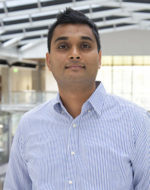 Sandeep Chinchali
Sandeep Chinchali
Assistant Professor, Univeristy of Texas Austin
Sandeep Chinchali is an assistant professor and Fellow of the Jack Kilby/Texas Instruments Endowed Faculty Fellowship in Computer Engineering in the Department of Electrical and Computer Engineering at UT Austin and a core member of the Texas Robotics Consortium.
Sandeep completed his PhD in computer science at Stanford in 2020, where he was advised by Sachin Katti and Marco Pavone. Previously, he was the first principal data scientist at Uhana, a Stanford startup working on data-driven optimization of cellular networks, which was acquired by VMWare. Prior to Stanford, he graduated from Caltech, where he worked on robotics at NASA’s Jet Propulsion Lab (JPL). He is a recipient of the Stanford Graduate Fellowship and National Science Foundation (NSF) fellowships.
His research interests are in swarm robotics, edge computing, wireless networking, and energy-efficient deep learning. In particular, he is working on collaborative perception and learning between fleets of robots and the cloud.
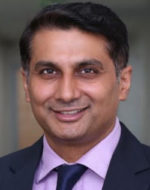 Raghavan Alevoor
Raghavan Alevoor
Senior Manager, Deloitte Consulting LLP
Raghavan is a Senior Manager in the Deloitte Consulting LLP’s Telecom, Media and Technology industry practice. He has over 16 years of experience in technology, telecom and satellite communication industries. Expert and thought-leader with respect to full-lifecycle operations and ecosystems, as-a-Service and emerging business models, mergers & acquisition, and end-to-end customer experience.
Raghavan specializes in Strategy Planning, Growth, Commercial Due-diligence, Cost Optimization, Business Case Modeling, Process Transformation, Business Process Design, Change Management and Technology strategy. Raghavan has a deep understanding of carrier economics, having advised U.S., European and Asian providers on their market entry and growth strategies, and led projects in cost reduction and re-engineering of telecommunications and satellite communication carriers.
Raghavan holds an MBA from Indian School of Business, Master of Science from University of Edinburgh and BEng in Information Sciences from Bangalore University. He has lived in 3 continents and is based in Austin, Texas.
